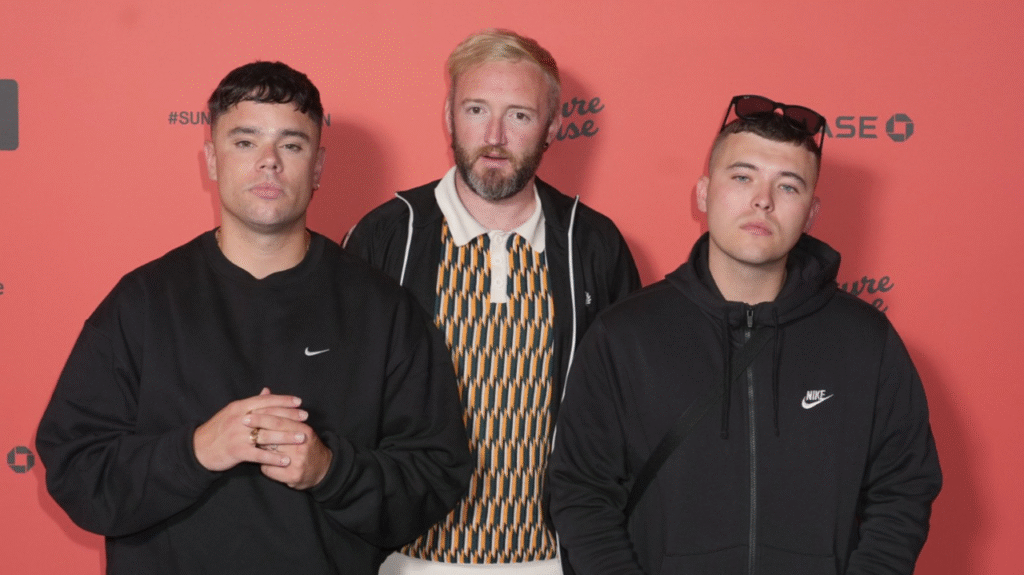The Democratic Unionist Party (DUP) has characterized the West Belfast rap group Kneecap as a “hate fest” that fosters division within the community. This assertion comes amid mounting political controversy surrounding recent footage released by the trio, which has sparked a heated debate about the nature of their lyrics and the messages they convey. Critics argue that Kneecap’s music, while rooted in a specific cultural and social context, perpetuates harmful stereotypes and promotes intolerance. The DUP’s condemnation highlights the ongoing tensions in Northern Ireland, where identity, heritage, and political alignment remain sensitive and polarizing.
In response to the DUP’s claims, supporters of Kneecap defend the group as a voice for marginalized communities, asserting that their music reflects the realities of life in West Belfast and serves as a form of artistic expression. Proponents argue that rather than promoting hate, the group’s work engages with complex social issues and encourages dialogue about the challenges faced by their community. This ongoing controversy raises important questions about the role of art in society, particularly in regions with a fraught political history, and whether music can serve as a unifying force or a source of division. As this debate unfolds, it underscores the necessity for nuanced discussions about cultural representation and the impact of lyrical content in fostering understanding or discord among different groups.


